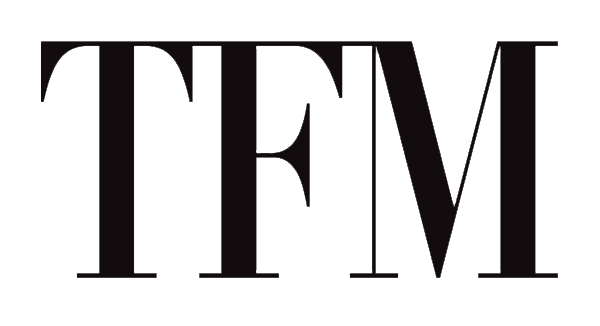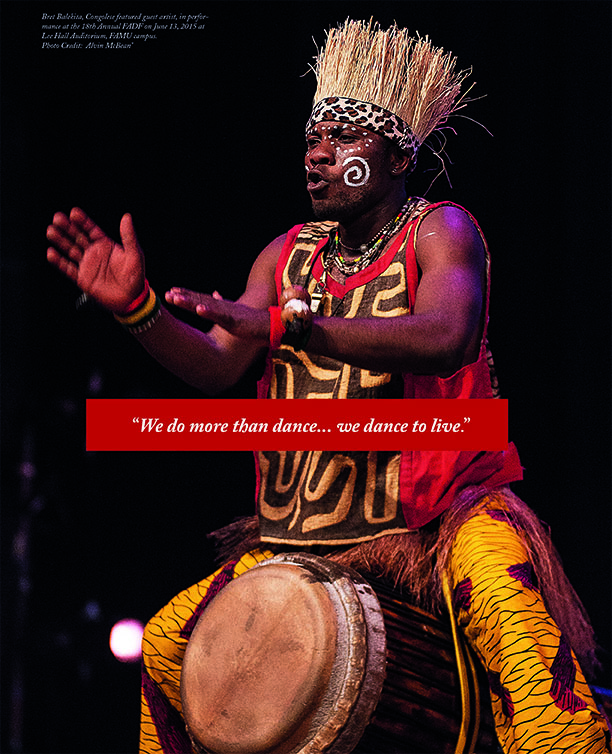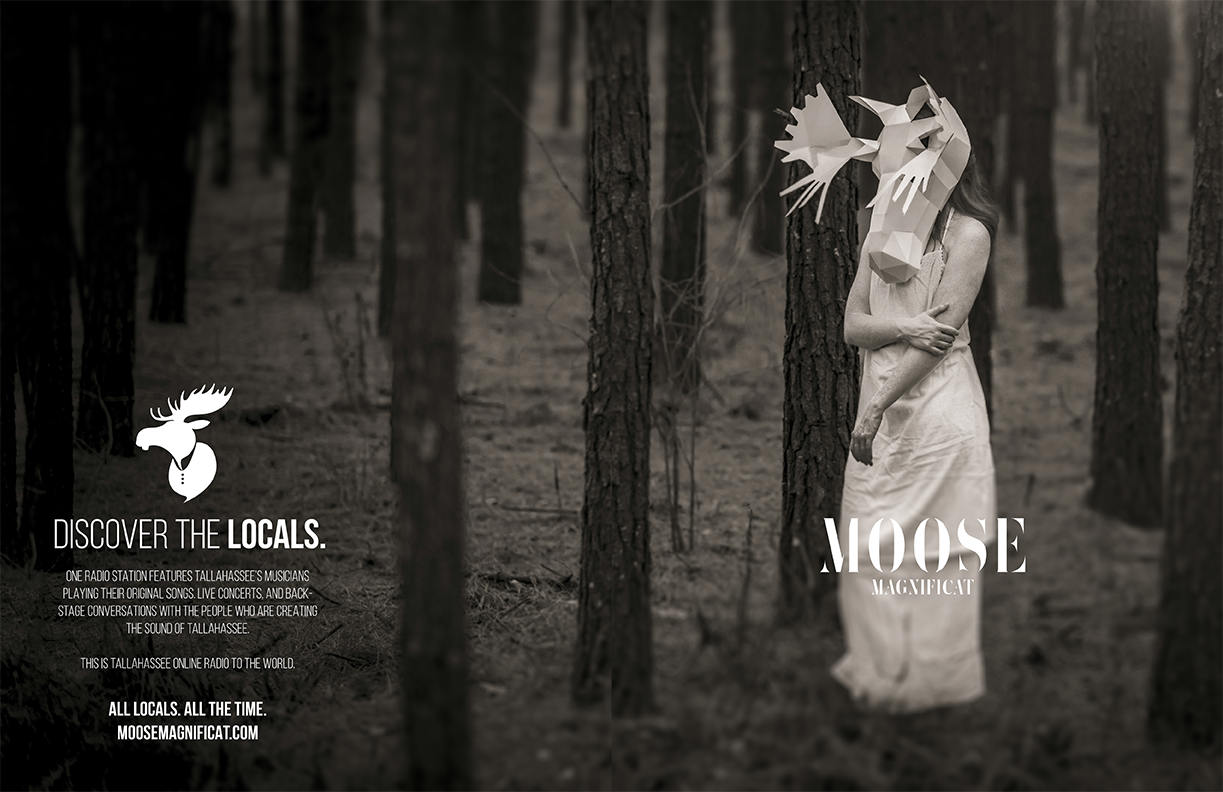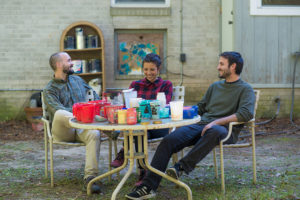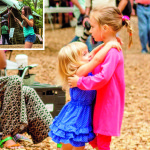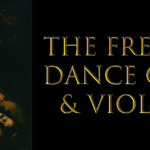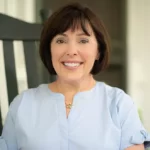by Sarah Sörne with Jevelle Robinson
I had the pleasure of first meeting the enigmatic Marcus Robinson from the African Caribbean Dance Theatre 10 years ago while taking a non-western art history class at Tallahassee Community College. He appeared at the head of the lectern with a small troupe of men, a shock of icy white hair distinguishing him from his comrades. As soon as the students were seated, we were treated to a growing drum beat.
The triptych of djembe (curved wooden drums with stretched skin pulled by rope) were held between their knees and played by striking near the rim with both hands. Each man played off of one another to lay the base rhythm, and subtle queues between them would shift the percussive narrative. Above the djembe, the
balafon—handmade from wooden planks loosely suspended by rope over multiple sizes of gourds—was performed by the Griot, the storyteller and keeper of the culture. The balafon is just one of the accompaniment instruments he plays to tell the story.
Following the performance, Robinson described the instruments and their profound importance to the musicians and the community. In traditional African society, because the instrument is often the livelihood of the owner, others are prohibited from touching under penalty of death. He also described the significance of the apparel that was worn and how the cowrie shells that adorned their hats and clothing symbolized wealth. Robinson’s intense convictions and stoic presence intrigued me. I left the class hungry and wanting to know more about the organization and where it would be performing next.
Marcus and his wife, Jevelle Robinson, founded the African Caribbean Dance Theatre (ACDT) in 1993, a non-profit youth and adult cultural education organization based here in Tallahassee. Its mission is to inspire participants to a high level of self-respect, self-esteem, self-confidence, discipline, community and
cultural pride through African dance and drumming traditions. Jevelle shared with me their motto: “We do more than dance… we dance to live.”
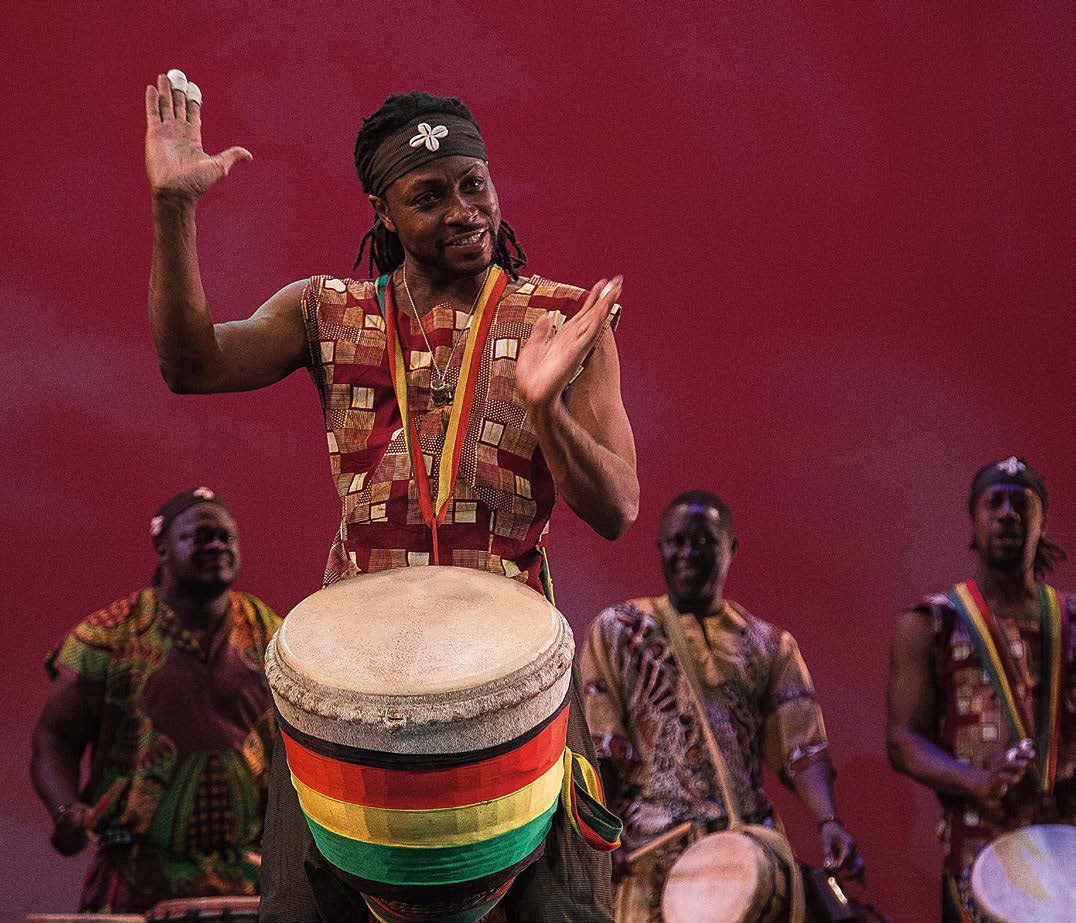 ACDT’s initial roots were in the Lincoln Neighborhood Service Center, a historical African American site in Tallahassee that was established to serve the local community. Marcus Robinson was an instructor and choreographer for a small group of youths that grew rapidly and performed frequently to audiences around
ACDT’s initial roots were in the Lincoln Neighborhood Service Center, a historical African American site in Tallahassee that was established to serve the local community. Marcus Robinson was an instructor and choreographer for a small group of youths that grew rapidly and performed frequently to audiences around
the Tallahassee area in many venues. Now, the ACDT holds weekly drumming and dance classes year-round for children and adults at 451 West Gaines Street.
Prior to ACDT both worked with the Orchesis Contemporary Dance Theatre at Florida A&M University starting in the mid 1980’s under Dr. Beverly Barber. African dance had such a life-changing impact on the Robinsons that service to others became the motivating force behind the creation of the ACDT. “When we were participants in Orchesis, we were exposed to so many different disciplines of dance,” said Jevelle. “However, we found African dance to be our passion. Our experiences with Orchesis, particularly traveling to the Black College Dance Exchanges at historically black colleges and universities throughout the country, were transformative. In forming ACDT, it was our hope that those we would serve through the program would be impacted in the same manner. Fast forward 23 years later, we have had a hand in molding the lives of many throughout this community. Not to be boastful, but based on what we have seen and been told, our mission is being accomplished.”
This summer the African Caribbean Dance Theatre will host its 19th Annual Florida African Dance Festival from June 9 to 11, 2016, a three-day conference that will feature internationally renowned artists in dance and drum workshops and a culminating performance concert representing Guinea, Mali, Senegal and the Congo. Visitors can also experience dance workshops for children, a vendor marketplace, hair fashion extravaganza and health screenings. When asked what she was most looking forward to this year, Jevelle said, “At this year’s festival, we aim to take it to another level. Last year, our funding levels enabled us to bring back Congolese and Malian dance, so it was hot! We are fortunate to have four countries represented again this year and it’ll be even hotter!”
For contact or more information about this year’s schedule, activities and line up, visit fadf.org.
